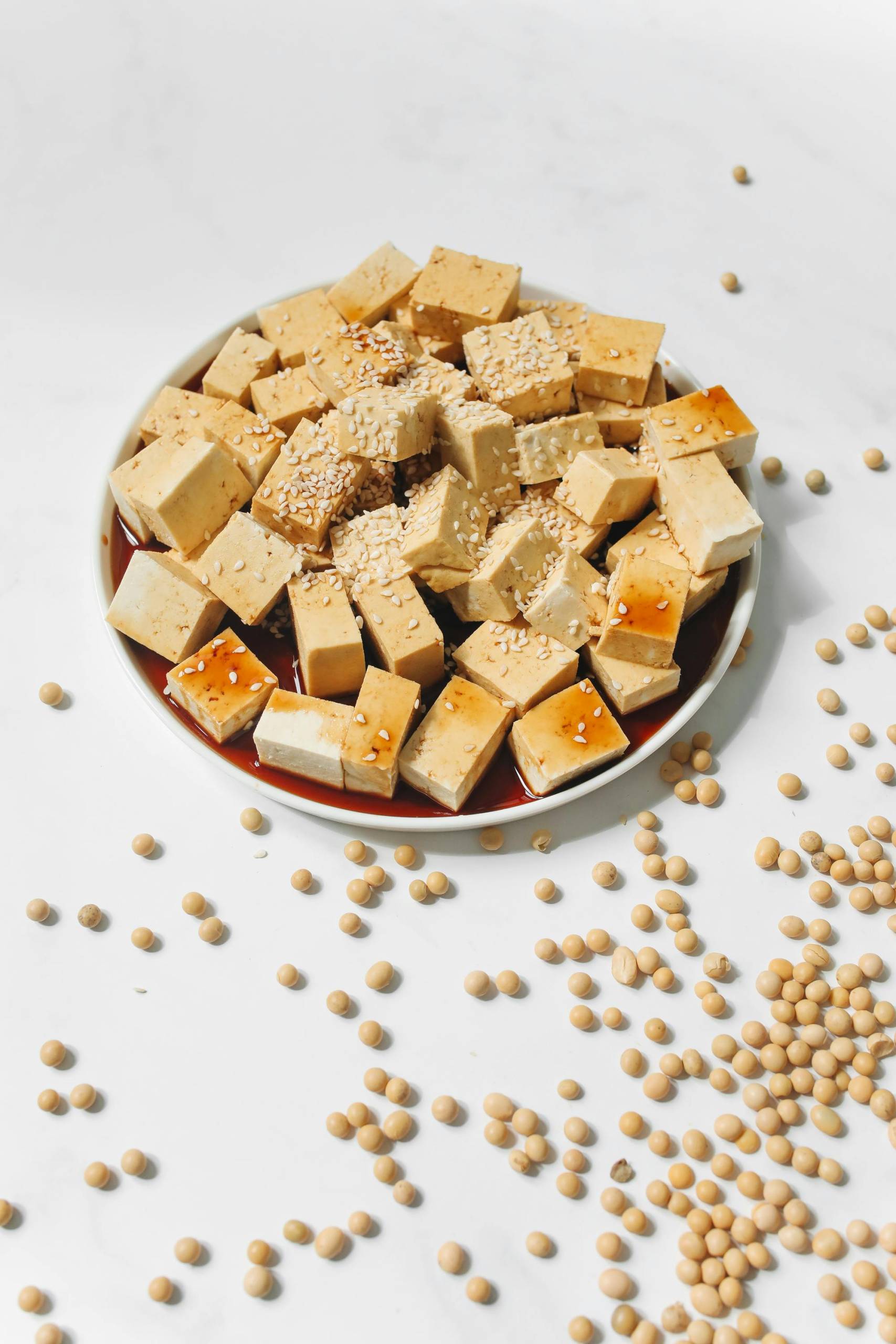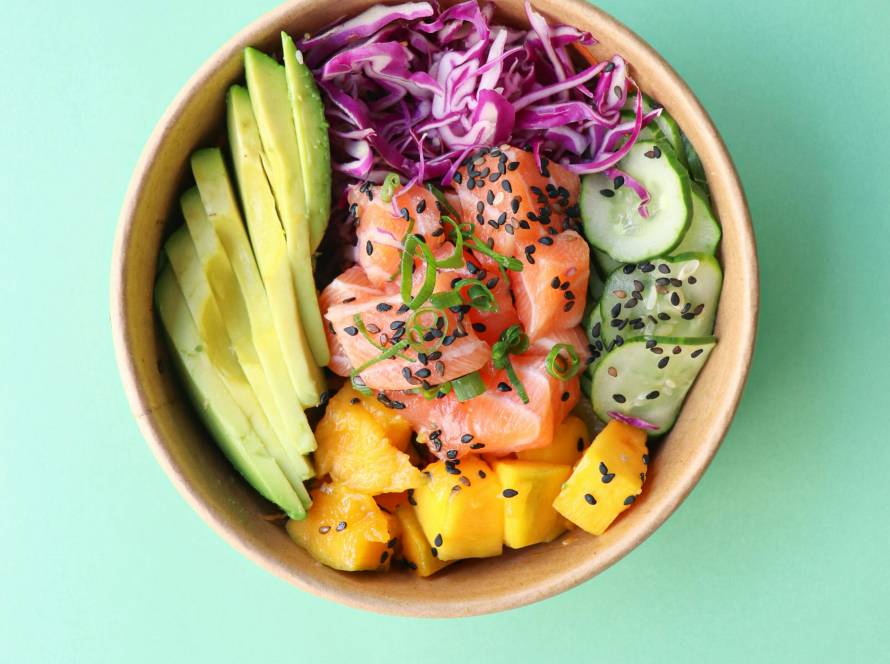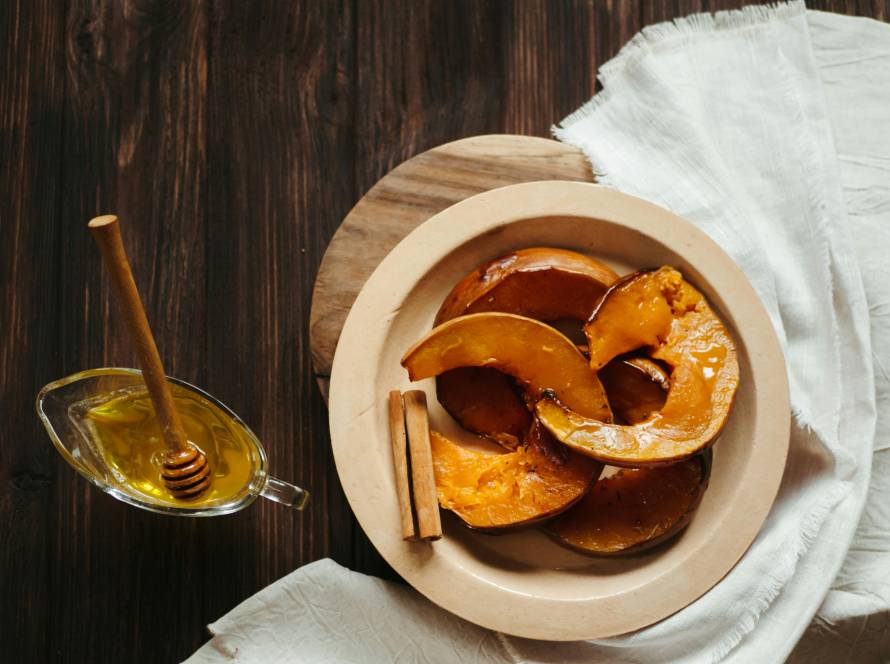The Benefits of Going Gluten-Free Diet for Gut Health
Embracing a gluten-free diet can work wonders for your digestive system. Whether you’re managing a gluten intolerance, celiac disease, or simply exploring better ways to nourish your gut, the benefits of going gluten-free for gut health are truly profound. In this guide, we’ll explore how removing gluten can improve your digestion, boost energy levels, and inspire exciting new adventures in gluten-free baking and cooking!
What Is a Gluten-Free Diet?
A gluten-free diet is a nutritional approach that eliminates all foods containing gluten—a group of proteins found in wheat, barley, and rye. While originally designed for people with celiac disease, this diet has gained popularity among individuals seeking digestive relief, increased energy, and reduced inflammation. Going gluten-free involves more than just avoiding bread; it requires careful selection of ingredients, awareness of hidden gluten sources, and lifestyle adjustments to ensure balanced, nourishing meals.
Understanding Gluten and Where It’s Found
Gluten is a naturally occurring protein that gives dough its elasticity and helps it rise and maintain shape. It’s commonly found in:
- Wheat (including varieties like spelt, durum, farro, and semolina)
- Barley (found in malt and some cereals)
- Rye (used in rye bread and some crackers)
- Triticale (a hybrid of wheat and rye)
Beyond the obvious sources like bread, pasta, and baked goods, gluten can hide in:
- Processed foods (soups, sauces, dressings)
- Beer and malt beverages
- Imitation meats and some meat substitutes
- Flavored chips and snacks
Always check food labels, especially for sauces and seasonings, where gluten is often used as a thickener or flavor enhancer.
Who Should Follow a Gluten-Free Diet?
A gluten-free diet is medically necessary for:
- People with celiac disease: An autoimmune disorder where gluten triggers damage to the small intestine.
- Individuals with non-celiac gluten sensitivity: They experience symptoms similar to celiac disease (like bloating, fatigue, or brain fog) without intestinal damage.
- Those with wheat allergy: Their immune system reacts to proteins in wheat, including but not limited to gluten.
Some people also adopt a gluten-free lifestyle for perceived health benefits, such as improved digestion or clearer skin. However, it’s important to consult a healthcare provider before eliminating gluten, to avoid unnecessary restrictions or nutritional gaps.
Gut Health Benefits of a Gluten-Free Diet
Choosing a gluten-free lifestyle doesn’t just avoid digestive discomfort; it can actively foster better gut health. Here are some key benefits:
- Reduced Inflammation: Gluten can trigger inflammation in sensitive individuals, leading to bloating, diarrhea, and abdominal pain. Removing gluten can help soothe inflammation quickly.
- Improved Nutrient Absorption: Damage to the gut lining from gluten can interfere with nutrient absorption. A gluten-free diet allows the gut to heal, improving nutrient uptake.
- Balanced Microbiome: Healthy gut bacteria thrive in an environment free from chronic inflammation. Gluten-free diets support the diversification of gut microbiota.
- Relief from Digestive Disorders: Conditions like irritable bowel syndrome (IBS) often overlap with gluten sensitivity. Going gluten-free may alleviate IBS symptoms.
Signs That a Gluten-Free Diet Might Benefit You
If you’re wondering whether going gluten-free might help you, watch for these common signs:
- Chronic bloating and gas
- Frequent diarrhea or constipation
- Persistent fatigue
- Skin issues like eczema or rashes
- Brain fog or difficulty concentrating
Consulting a healthcare professional is essential before making significant dietary changes.
Delicious Gluten-Free Baking and Cooking Ideas
Adopting a gluten-free diet is not just about elimination — it’s about creativity! Here are some gluten-free lifestyle tips for home bakers and cooking enthusiasts:
- Use Alternative Flours: Almond, coconut, rice, and oat flours are fantastic wheat-free options for baking.
- Experiment with Natural Binders: Ingredients like chia seeds and flaxseed can help replace gluten’s binding properties.
- Master Moisture Management: Gluten-free baked goods often need a little extra moisture to avoid being crumbly.
For expert tips check out this excellent resource from the Gluten Intolerance Group.
Essential Tips for Success in Gluten-Free Living
Transitioning to a gluten-free diet can feel overwhelming, but with these essential tips, you’ll thrive:
- Read Every Label: Gluten hides in many processed foods under names like malt or modified food starch.
- Plan Balanced Meals: Ensure that your gluten-free meals are packed with vegetables, lean proteins, and healthy fats.
- Stay Hydrated: Water helps support digestion while your gut continues to heal.
- Introduce Probiotic Foods: Yogurt, kefir, sauerkraut, and kombucha can all contribute to a healthier gut environment.
Common Myths About Gluten-Free Diets
Myth: Gluten-Free Equals Healthier for Everyone
Not necessarily. While those with gluten sensitivity truly benefit, removing gluten without medical need does not automatically improve health. It’s important to focus on nutrient-rich foods rather than just eliminating gluten.
Myth: Gluten-Free Baking Is Too Difficult
Wheat-free cooking can seem challenging at first, but with practice and the right ingredients, gluten-free baking becomes second nature.
How Gluten-Free Living Supports Long-Term Gut Health
Unlike short-term diets, gluten-free living can offer sustainable support to your digestive system by:
- Promoting Consistency: Reducing dietary triggers helps maintain gut balance over time.
- Reducing Autoimmune Risks: Particularly for those diagnosed with celiac disease, strict adherence to a gluten-free diet minimizes immune attacks on the gut lining.
- Supporting Overall Wellness: Many people find that once the gut heals, secondary symptoms like joint pain and mood swings improve as well.
Practical Tips for Home Bakers Embracing Gluten-Free Life
If you’re passionate about baking or just starting your journey into celiac-friendly recipes, here are some pro tips:
- Use Blend Flours: Single-grain flours can sometimes feel dry or gritty. Blending several gluten-free flours creates better texture.
- Weigh Ingredients: Precision matters even more in gluten-free baking — measure carefully for consistent results.
- Don’t Skip Resting: Allow batter to rest to hydrate gluten-free flours fully and improve final texture.
For more inspiration, explore our recipe collection at Gluten-Free Recipes.
Conclusion: Embrace a Happier, Healthier Gut
Going gluten-free is more than just a trend — it’s a pathway to better gut health, improved digestion, and a renewed love for food. Whether you’re whipping up homemade breads or reimagining gluten-free classics, the possibilities are endless. With careful planning, creativity, and a little patience, you can enjoy all the benefits that a gluten-free lifestyle has to offer.
Ready to take the leap? Start your journey today and transform your gut health one delicious, gluten-free bite at a time!




